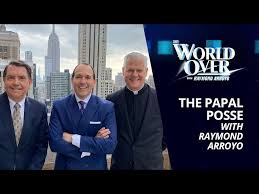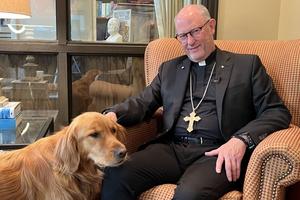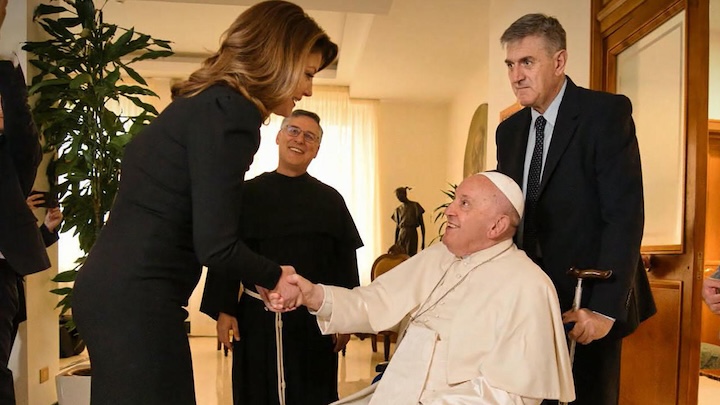(The Catholic Thing. Francis X. Maier).
One of the reasons I spent three years writing a recent book on the Church in the United States was to capture the character, challenges, and real concerns of the men who lead us today as bishops. What I found confirmed my more than 40-year career experience. Our bishops have the same strengths and flaws as the rest of us. But they’re overwhelmingly good men, faithful to the Church and her teaching, and committed to their people. Of course, there are always a few outliers who, whatever their good intentions, don’t quite fit the mold. Simply put, no other U.S. bishop in recent memory has diverged so openly from his brother bishops on sensitive issues, or so obviously ignored the protocols of collegiality, than the Diocese of Lexington’s John Stowe. Jayd Henricks described the overall pattern of Bishop Stowe’s singular leadership in a recent article here. As Henricks – himself a former USCCB senior staffer – noted, Stowe “regularly steps into the most delicate and highly charged cultural and political issues with none of the painstaking care his brother bishops show. He seems determined, in fact, to follow his own blundering impulses, and to kick against the other bishops’ pastoral approach whenever it might rein him in.”




